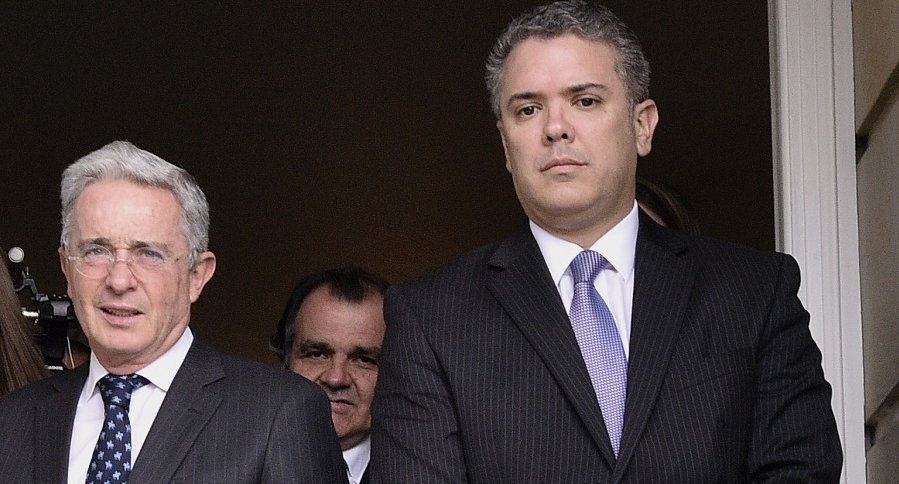Overview
At 41 years old, Ivan Duque will become the youngest president in Colombian history. Educated as a lawyer and having spent the past decade working in Washington, DC at the Inter-American Development Bank, Duque is a relative newcomer to the political scene.
Duque first appeared in Colombian politics about 20 years ago, serving as an adviser to then-Finance Minister Juan Manual Santos. His political career continued in the United States as well, where he served as an adviser for three Andean countries as the then-Chief of the Cultural Division of the Inter-American Development Bank.
During his time at the IDB, Duque formed a close relationship with former Colombian President Álvaro Uribe and later returned to Colombia in 2014 when he was elected to the Colombian Senate with Uribe’s backing.
Concerns
Many are concerned that Duque will act as a puppet for Uribe’s political plans, but Duque is firm in his statements that he will govern as himself, without influence from his mentor. Duque has presented his time spent in Washington as a necessary distance between him and the established Colombian political elite as evidence of his independence from their influence, but his plans so far seem consistent with those of Uribe, whether or not Uribe is directing him.
Other areas of concern surround the Peace Accord, notably Duque’s lack of recognition of state and paramilitary forces as perpetrators of violence. Additionally, Duque does not want to maintain the terms for talks with the ELN that former-president Santos had begun, leaving future talks a mystery.
Plans
Duque has stated that he will make the necessary “corrections” to the Peace Accord in order to emphasize provisions on victims’ rights and to push for greater security measures and punishments for guerrillas.
In order to spur some of the much needed economic growth in Colombia, Duque’s platform includes cuts to business taxes, support for oil and coal industries and to help manufacturing.
Duque is also sees the large influx of Venezuelan refugees spilling over the border into Colombia as a security rather than a humanitarian crisis, and will most likely dedicate a significant effort to addressing this issue.
For more reading: https://newrepublic.com/article/149185/colombia-keeps-electing-presidents-tied-murderers

